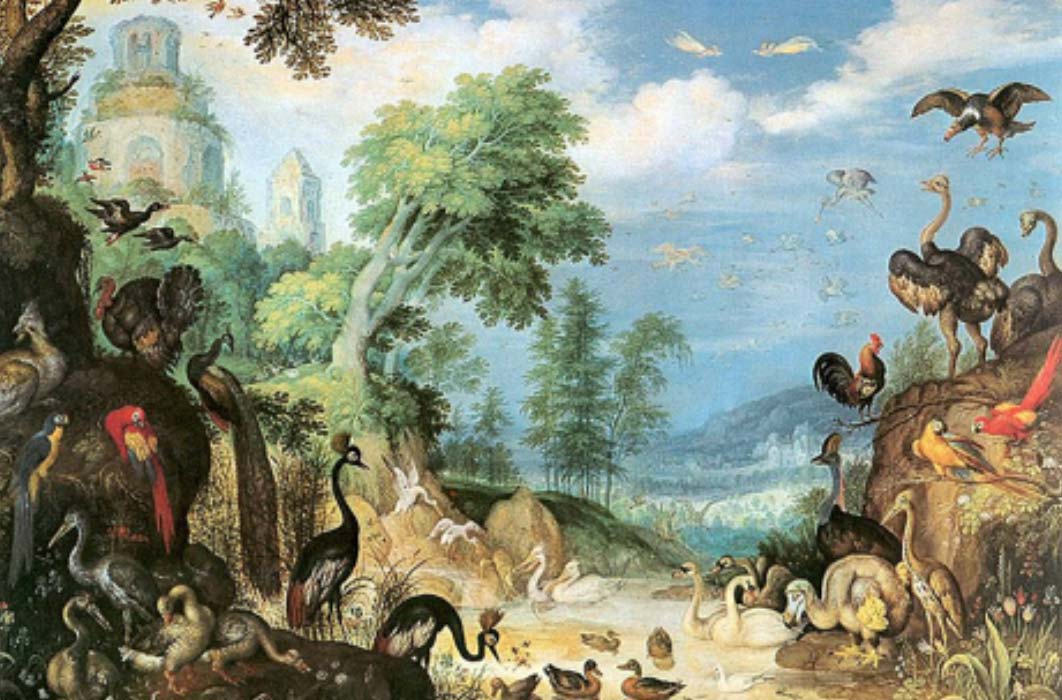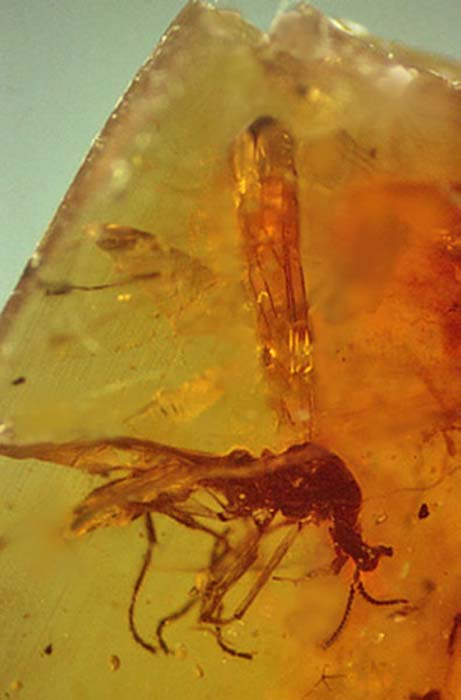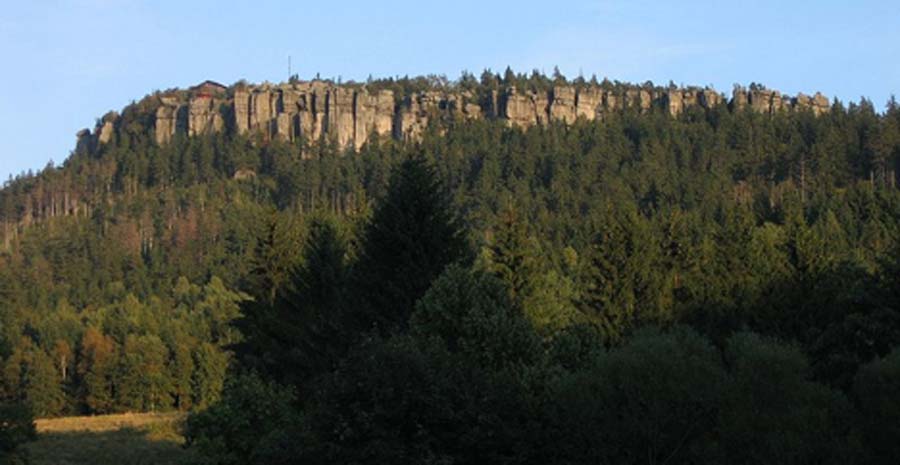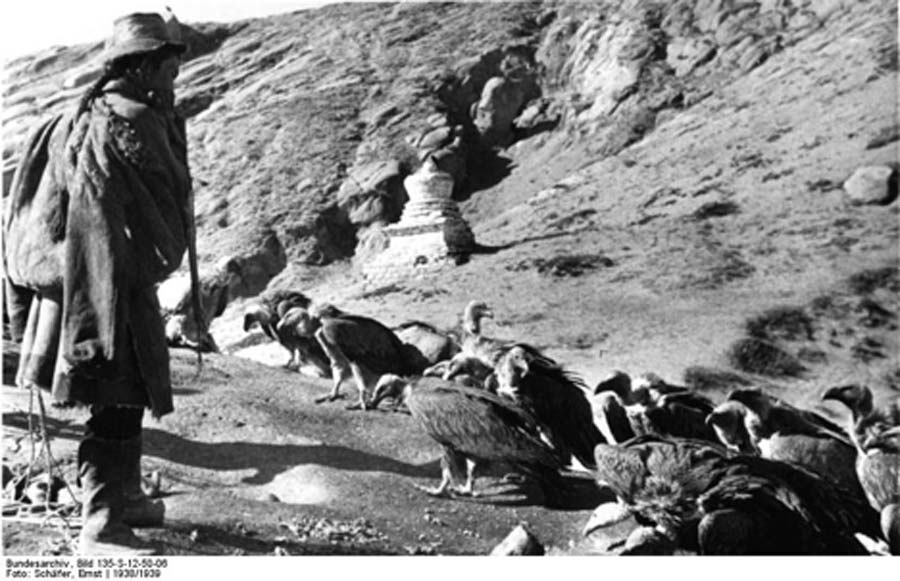
The Sacred and Ancient Legacy of our Feathered Friends
Although lions, tigers and other ferocious man-eaters were hunted and subsequently ritualized by shamans who attempted to internalize the energy of these different animals, throughout the ages birds of all shapes and sizes also played central roles in shaping ancient rites and religious beliefs. However, tiny bird bones and feathers are often sidelined during excavations of vast gold-filled tombs and Paleolithic hunter burial sites, but nevertheless, the practice of using birds in ancient rituals holds volumes of data about ancient humans’ understanding of the cycles of nature.

This ancient Cascoplecia “unicorn fly" lived 100 million years ago in Burma at the same time as the bird with decoy feathers. (CC BY-SA 2.0)
100-Million-Year Old Decoy Feathers
Recently a team of researchers led by paleontologist Lida Xing of the China University of Geosciences in Beijing studied 31 pieces of 100-million-year old Myanmar amber (commonly known as Burmese amber) containing feathers from the Cretaceous period with 3-D technology. They were astonished to discover everything they assumed about Cretaceous feathers was wrong. A 2018 Science Alert article by science correspondent Michelle Starr discussing the study explains that previously: “it was assumed that ancient birds had tail streamers for the same purpose as their modern cousins; to look good, especially during courtship.” But the scientists discovered these ancient feathers were far from colorful and built unlike anything today, leading to the conclusion that the feathers would have dislodged easily for quick removal acting like decoys so that their lengths coaxed predators to grasp their tails rather than their bodies.

Szczeliniec Wielki, part of Góry Stołowe National Park, Poland, where the child was found with bird skulls lodged inside its mouth. (Rlelusz/ CC BY-SA 4.0)
Bird Skulls Discovered in Child’s Mouth
In 2018 a Polish scientific project, re-examining artifacts found in Tunnel Wielki Cave in Poland in the 1960s, made the startling discovery of a decapitated child’s skeleton. A 2018 Science Poland article by Szymon Zdziebłowski detailing the discovery notes that the youngster suffered from: “malnutrition and died, aged 10, during the late 18th or early 19th century.” But oddly, the child’s shallow grave was found to be completely alone, and not just alone in its cave system, but no other cave burials have ever been found anywhere in the region. Adding to this bizarre mystery archaeologists recorded that for an unknown reason the: “tiny skull of a chaffinch had been placed inside in the child’s mouth” and pressed against the youngster’s inner cheek a second chaffinch head was identified. Even more surreal is that when the bird’s skull was sent for analysis, the day after it arrived at the laboratory it had vanished, never to be seen again.

1938 photograph by Ernst Schäfer showing human remains after a sky burial. (CC BY-SA 3.0)
Carrion Towers of Silence
Zoroastrianism is an ancient pre-Islamic religion of modern-day Iran founded about 3,500 years ago and greatly survives today in India where the descendants of the Iranian immigrants are known as Parsees. A “Dakhma” (Tower of Silence) is circular structure built by ancient Zoroastrians for displaying corpses to expose them to carrion birds. Conceptually the body was thus returned to the Creator in the Sky and thus ritual was first attested to in the mid-fifth century BC Histories of Herodotus. The religious reasoning behind the ritual is to avoid the dead body touching either earth or fire because both elements were considered sacred in the Zoroastrian religion.




